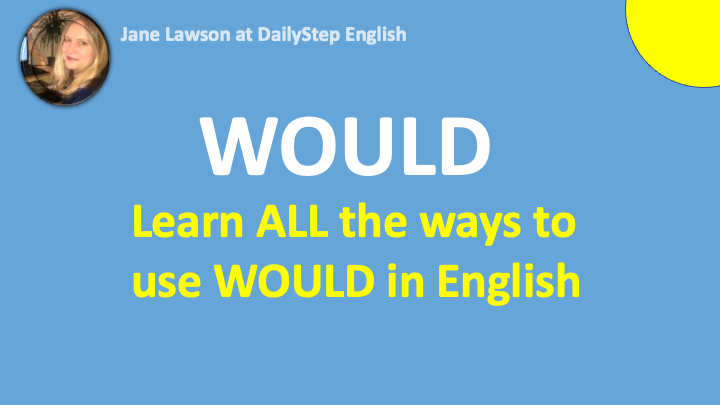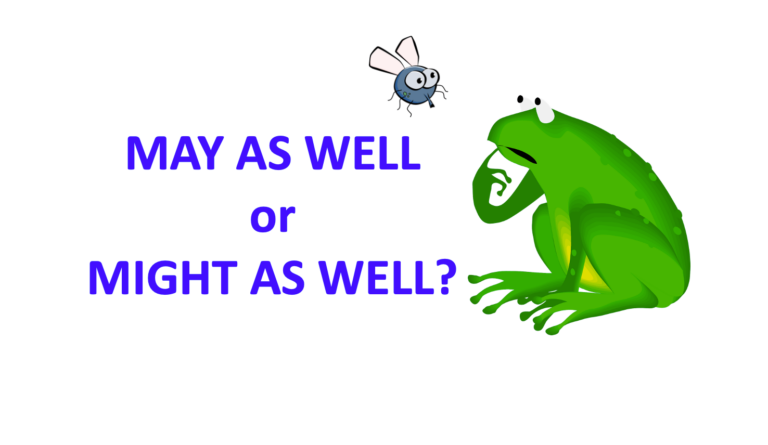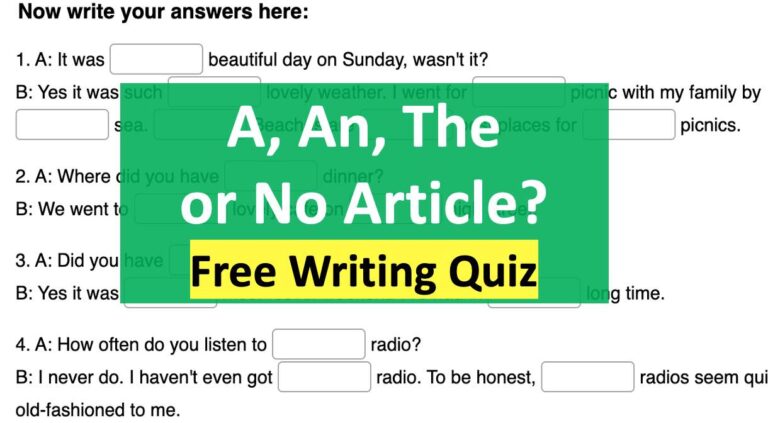Quiz + Audio Lesson – English Auxiliary Verbs BE, HAVE and DO

Hello, I’m Jane at DailyStep English!
How Can We Use English Auxiliary Verbs Correctly?
My students often ask this question – and even advanced English learners make mistakes with these small but important words.
In this free quiz + lesson you will learn how to use auxiliary verbs to make questions, negatives and short answers.
Start the QUIZ:
Auxiliary Verbs
by Jane Lawson at DailyStep.com
Thank you for all your many requests asking me to explain this topic. The word ‘auxiliary’ means ‘helper’, or ‘giving help’.
Auxiliary verbs help to make the tense or structure of a main verb, but they do not give it any special meaning.
English verb structures often consist of more than one word.
For example, in the sentence
“Do you like tea?”, the main verb is like, and the auxiliary verb is do.
.
There are only 3 auxiliary verbs in English, DO, HAVE and BE. We use auxiliary verbs for making verb tenses, for example “I am visiting my mother”, and also for making negative and question forms of verbs, for example “I don’t know this song. Do you know it?”
.
We also use auxiliary verbs on their own, without the main verb, and this is where they often get confusing! Here are 2 situations where we use them on their own:
.
1. We use auxiliary verbs on their own when we want to give a short reply.
Examples:
1. “I like Chinese food.” “So do I.”
(note: this means “I like Chinese food too.”)
2. “They have never been to Egypt.” “Neither has he.”
(note: this means “He has never been to Egypt either.” We can use ‘nor’ instead of ‘neither.’)
3. “He loves travelling.” “So does my mother.”
(note: this means “My mother loves travelling too.”)
4. “I don’t like hot, spicy food much.” “He doesn’t either.”
(note: this means “He doesn’t like hot, spicy food either.” Here, we can also say “Neither does he.”)
5. “Did you find your bags?” ‘Yes I did.”
(note: this means “Yes, I found them.”)
6. “Have you finished your work?” “No, I haven’t.”
(note: this means “No, I have not finished it.”)
.
2. We also use auxiliary verbs on their own when we want to add to a sentence without repeating the main verb.
Examples:
1. He asked if I was going and I said I wasn’t.
(note: this means “I said I was not going.”)
2. Make sure you back up your data because if you don’t you might lose it.
(note: this means “if you do not back up your data you might lose it.”)
3. She had already eaten when I called but he hadn’t.
(note: this means “he had not eaten when I called.”)
4. He eats more than I do.
(note: this means “He eats more than I eat.”)
.
Now, try to write your own sentences using these expressions. Try to write examples that are true to your own life, as this will help you to remember them better.
If you enjoyed my Audio Blog, please share it. Thank you 🙂
How to speak English fluently and understand fast English
DailyStep English Audio Lessons are designed to help you learn to speak and understand English at the speed that we speak it.
No matter how good your English is, you need to be able to follow a fast conversation in order to participate.
DailyStep English courses are fully accredited and you can get an internationally-recognised certificate for your CV or resume.
How to use your lessons:
How to slow the audio:
How to Start Daily Audio Lessons
✔ Daily Audio Lessons + Premium Audio in my Blog Library
✔ Your lessons never expire – you can take them again any time
✔ Change your level any time
✔ 100% happy or your money back!






